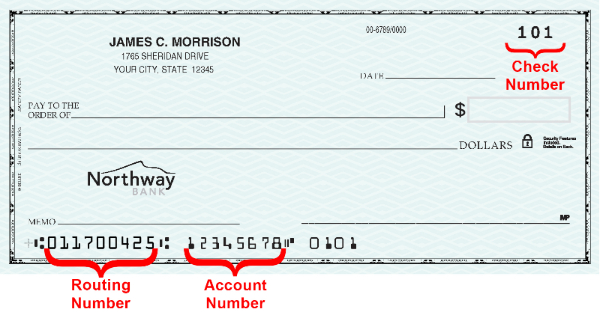Personal value priced checks are the ones meant for your own private use. It’s a piece of paper that tells your bank to transfer money out of your own checking account and into the payee’s account. Needless to say, if you’re the payer, the personal check will transfer cash from someone else’s account to your own account.
What are the times when you should use personal checks?
Personal checks generally come in useful when the payer wants to be paid by check. Smaller businesses may not accept debit or credit cards. However, certain businesses won’t accept cash if the amount exceeds an amount that is specified. Personal checks are a good example of this.
If you’re an individual business It is vital to remember that a personal check is not a security check. This means that the payee can send your company a check for any amount. So, they might be unable to pay for their personal bank accounts. This means that when you go to the ATM to cash the check, it will bounce. The risk is that the check will not be paid until the person paying the check is able to pay the amount within their banking account.

On the other hand, if you choose to make a personal check, without having enough funds in your account, you can be charged an overdraft cost.
How to Avoid Bouncing Checks as a Business Owner
If you’re a business owner who accepts checks on paper, you could be in trouble with customers who pay using personal checks. This occurs if the client hasn’t enough cash to pay their bill in their banking account. So, you should consider asking your customers to purchase bank-issued cashier’s or certified checks instead of bounced checks to prevent them from happening. Let’s take a look at what these kinds of checks are.
Cashier’s Checks
This check withdraws money from the total funds of the financial institution on behalf of the payee. It is usually done by a representative of the bank. Additionally, it guarantees those who are receiving the check are paid the full amount due. Further, once the check is written, the money is then credited to the check writer’s bank account. In the end, the funds are then transferred to the bank.
Certified Checks
Furthermore, a certified check is the same as a cashier’s or cashier’s check. Instead of drawing funds from the lender’s accounts, the lender will certify that the recipient has sufficient funds in their checking or savings account. Additionally, the bank will confirm its signature as the owner. They will also ensure that the person or company who receives the check has been paid the full amount owed.
In addition, both certified as well as cashier’s checks are usually used when individuals make large purchases such as automobiles, home renovations, or down payments on a property.
Similarities Between Personal Checks and Business Checks
Personal business checks and checks are more different than they are similar. But, they have several things in common. For starters, you can cash or deposit checks regardless of whether the check is for business or personal. The procedure differs; therefore check out the following article to learn how to make both kinds of checks.
Another commonality between personal and business checks is that they contain the same information. Alongside a bank routing number, a check is also accompanied by dates, payees the check number, the amount payable, and the signature line.
Differences Between Personal Checks and Business Checks
As we said, personal and business checks are distinct. They differ in terms of size, design, print, cost, security features, and the manner in which they are used.
